- TOP
- Cutting-edge Research and Social Contribution
- Cutting-edge Research
- A new era driven by better memory - aiming for a richer and more creative future
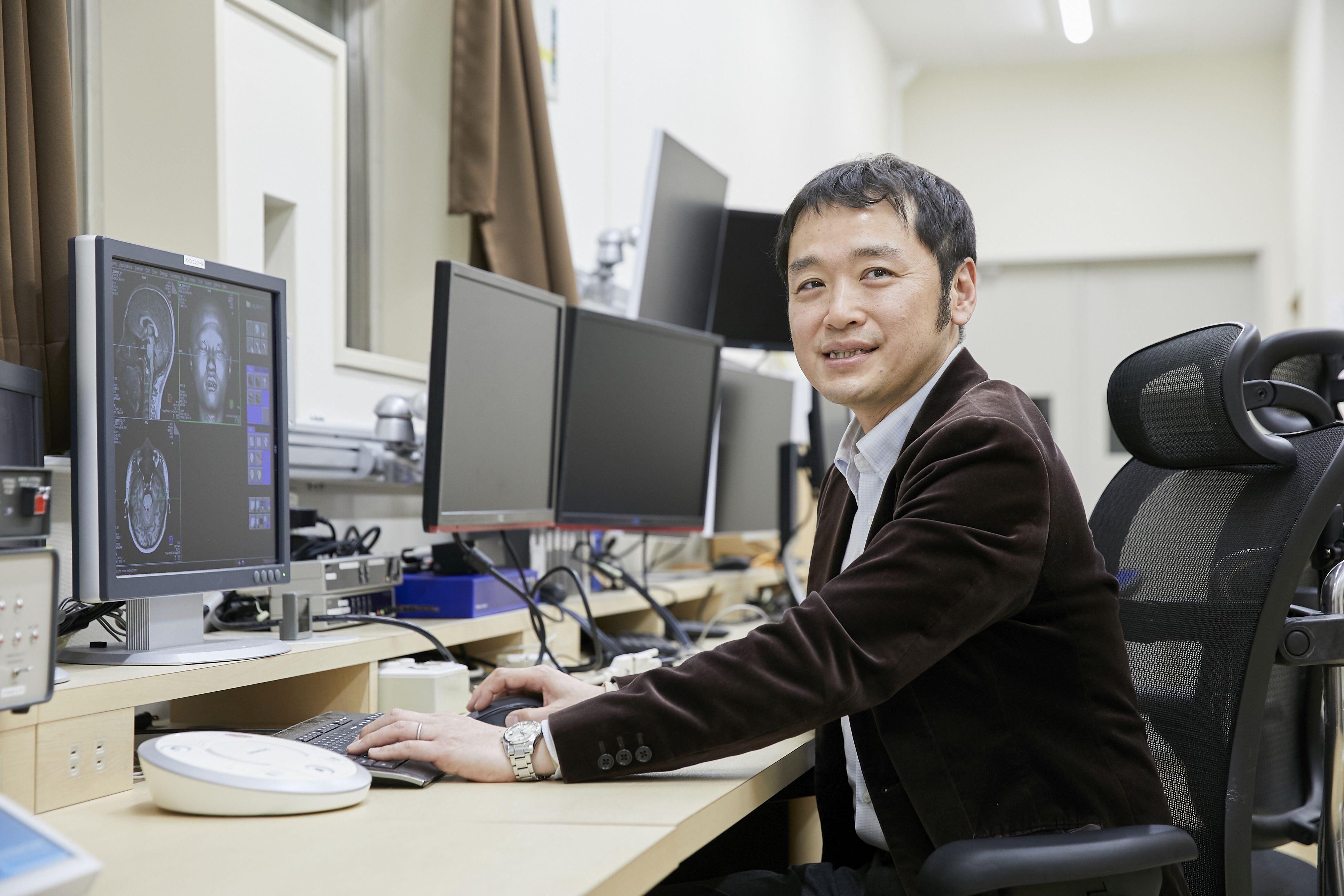
A new era driven by better memory - aiming for a richer and more creative future
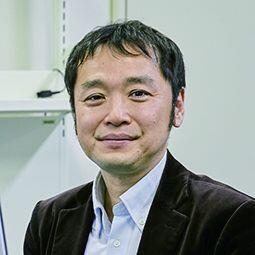
Sleep is essential for all animals to live. Getting good sleep not only maintains mental and physical health but also plays a major role in memory consolidation. While it might seem like sleeping causes us to forget what we have learned, it has been found that sleeping actually makes memories more likely to endure. Professor Masaki Takeda, who conducts integrated research on brain and nerve function, from the level of cellular units to the entire human being, is focusing on this relationship between sleep and memory and attempting to elucidate the mechanisms of memory that occur in the brain during sleep using cutting-edge technology.
Among all cognitive functions, memory is what makes humans human
The brain is one of the most mysterious organs in the human body. Many mysteries still remain about its complex and amazing workings. Professor Takeda, a neuroscientist, became aware of how the brain functions due to a simple question he had as a junior high school student.
"I had a crush on a girl, and every day my head was completely filled with thoughts of her. Among the hundreds of millions of women in the world, why did I keep thinking only about that girl? My other friends didn't think anything special about her. I started wondering where this difference in thinking comes from."
Due to this experience, he became interested in the flexibility of the brain that supports people's emotions, thoughts, and behavior, and he majored in psychology in university because he wanted to learn about "love." However, as his research progressed, he came to think that "in order to understand the human mind, it is necessary to study the brain itself," and from his master's program onward, he pursued the path of neuroscience.
While immersed in brain and nerve research, Professor Takeda says he became convinced of one thing: that "among human cognitive functions, the most important is memory." He further emphasizes that "memory is what makes humans human."
Beyond that, memory is also a matter of particularly great interest to us among the many cognitive functions such as memory, attention, judgment, understanding, and thinking.
Professor Takeda is working to elucidate the mechanisms of memory, focusing particularly on "semantic memory," which involves remembering knowledge and concepts used in daily life. He explains that "semantic memory is indispensable when we memorize or recall something." For example, music we happen to hear can sometimes evoke nostalgic scenes or events from childhood. At such times, information like song titles and songwriters is stored in the brain as semantic memory. In other words, semantic memory is not merely fragments of knowledge, but something that supports our rich daily memory experiences.
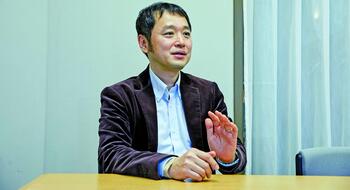
What is the "replay activity" that consolidates memory during sleep?
Sleep is closely related to this memory. It is known that memory is consolidated through sleep. Professor Takeda: "They say the key to this memory fixation process is the 'replay activity' that occurs during sleep." What exactly is this phenomenon?
Professor Takeda's research team aims to detect replay activity during human sleep as well and to be the first in the world to clarify how it contributes to memory consolidation. However, because brain activity during sleep is extremely complex and very noisy, accurate detection is difficult with a single measurement method. Therefore, Professor Takeda and his colleagues have developed technology that simultaneously measures brain activity by combining functional magnetic resonance imaging (fMRI) and electroencephalography (EEG), establishing a method to record brain activity patterns more precisely. Furthermore, they are also developing high-precision analysis methods for brain activity data using deep learning.
In parallel with this, they have also focused on "sleep slow waves," which are believed to be related to replay activity. Sleep slow waves are regular waves that appear in the frontal lobe of the cerebrum during deep sleep. Professor Takeda's team hypothesized that, if these waves are involved in memory consolidation, then enhancing them should improve memory performance after waking, while weakening them should degrade performance, and they conducted experiments on that basis. To do that, Professor Takeda and colleagues independently developed a "closed-loop system" that monitors brain activity during sleep, detects sleep slow waves in real time, and delivers electrical current stimulation to the brain in accordance with their timing. Using this system, they manipulated the strength of the waves and verified what changes occurred in memory performance.
Replay activity is also believed to involve deep regions of the brain that electrical stimulation cannot reach. Therefore, they have also begun new experiments using ultrasound stimulation. He explains: "Ultrasound stimulation can reach deep into the brain, enabling detection of activity in deep brain regions that was previously difficult." If this research progresses, it will likely bring us significantly closer to fully understanding replay activity.
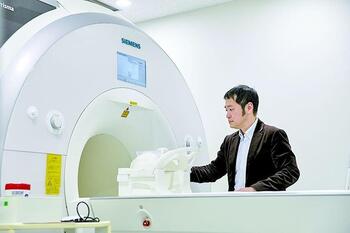
Toward development of future wearable devices that enhance memory
Professor Takeda's goal is to "develop devices that enhance human memory by applying research findings relating to memory."
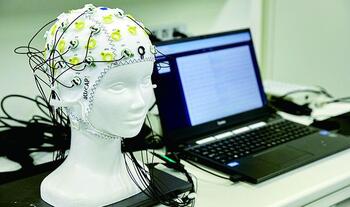
Creativity and inspiration do not come from nowhere. They are largely based on memory and experience. Improving memory should certainly help not only with learning but also with enhancing creativity and imagination.
Professor Takeda's research has the potential to change our brain function, daily life, and society for the better. He will continue to tackle challenges going forward, aiming for a future where everyone has excellent memory and can freely exercise creativity.
Date of posting: June, 2025/ Date of interview: March, 2025
